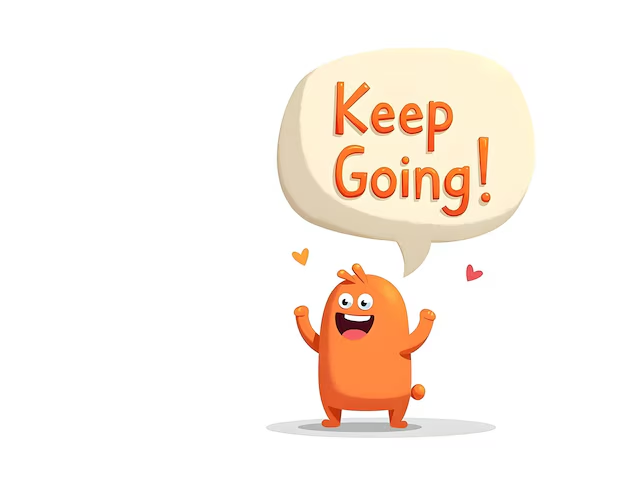News & Blog
How do I handle conflict with my co-founder?
.jpg)
Every startup founder hits conflict with their co-founder(s). It’s not a sign of failure, it’s a sign you’re doing something hard together. The question isn’t whether conflict happens, it’s how you handle it.
The worst approach is to ignore it. Avoiding the conversation might feel easier in the short term, but resentment grows and decisions stall. Many startups fail not because the product was wrong, but because the founders stopped trusting each other.
So what do you do instead?
Start with curiosity, not judgment. Go into the conversation assuming your co-founder has good reasons for their view. Ask questions first. Often the fight is about misaligned assumptions rather than values.
Name the conflict directly. Say what you’re noticing: “We seem stuck on this decision,” or “I feel frustrated when we approach it this way.” Naming the tension lowers the temperature.
Separate roles from friendship. Many founding teams start as friends. Conflict feels personal because it is. You can care about each other as people while disagreeing fiercely as business partners. The trick is being explicit about which hat you’re wearing in the moment.
Anchor in shared goals. At the end of the day, you both want the company to succeed. Bring it back to: what’s best for the business? Framing disagreements in terms of company success creates common ground.
Agree on a decision process. The most toxic conflicts are ones that drag on without resolution. Decide: who owns the call? Is it consensus, or does one founder have final say in their domain? Clarity on process often matters more than the outcome.
Some conflicts are really about deeper issues: mismatched work ethic, different risk tolerance, or divergent visions for the company. These don’t get solved in one meeting. They require ongoing alignment, and sometimes, hard choices about whether the partnership still works.
The best founders I’ve coached don’t avoid conflict—they learn how to fight well. They argue with intensity but also respect. They listen, challenge, and then move forward together.
If you find that every disagreement feels like a blow to the relationship, or that you’re looping endlessly without resolution, it may be time to bring in a third party: a coach, mediator, or trusted board member. Outside perspective can break the logjam before it becomes fatal.
Conflict with your co-founder is inevitable. But handled well, it’s not a weakness. It’s a crucible. Many of the strongest founder relationships I’ve seen are forged in conflict, not in its absence.
.png)


